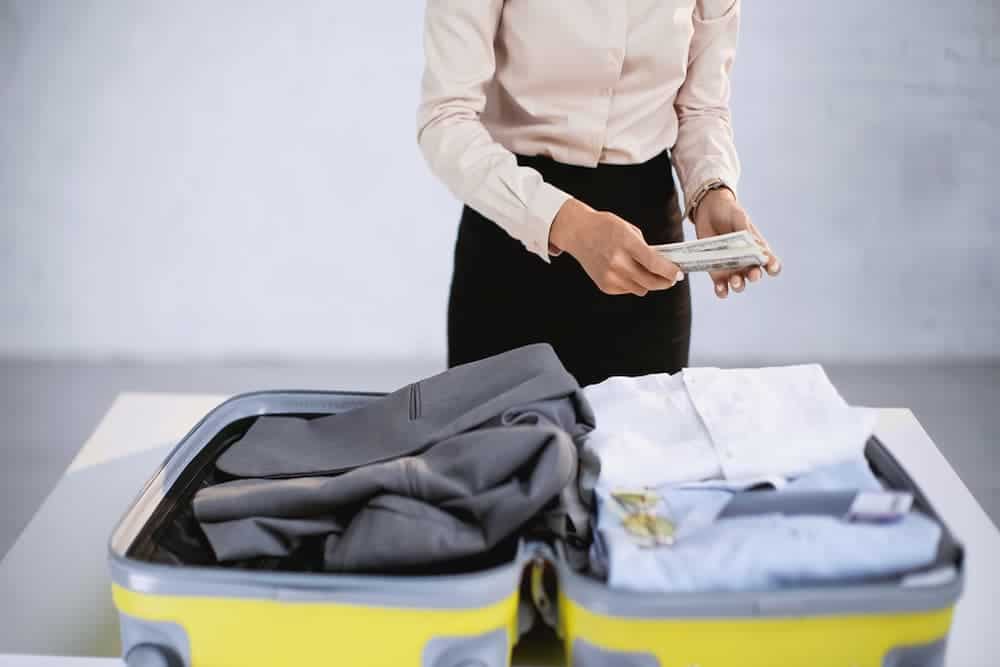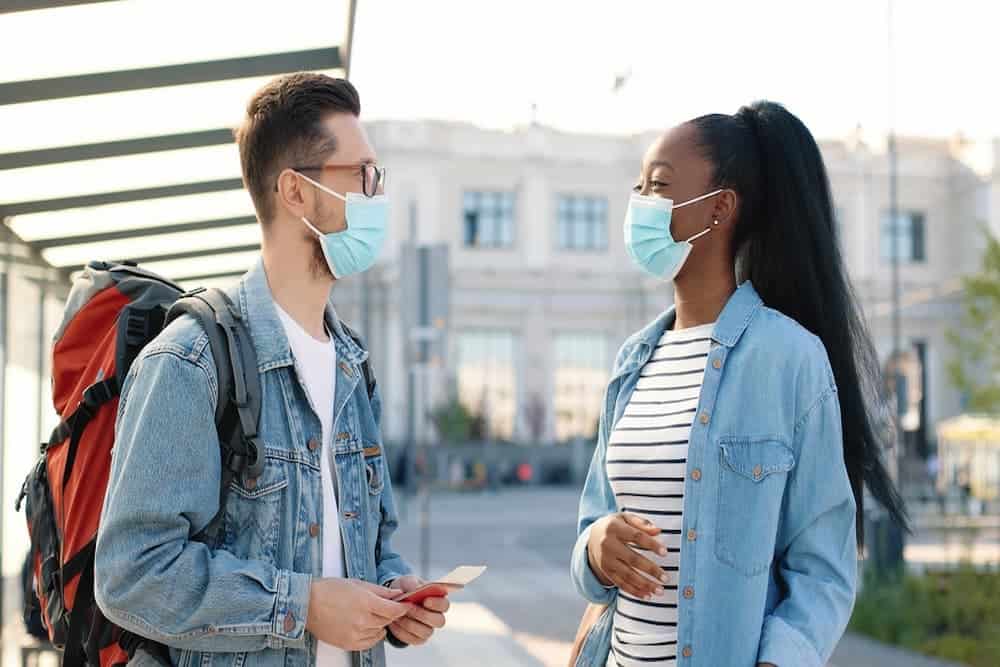If you need to experience new cultures, see stunning views or take a breather, travelling is the best answer. However, the risk of getting lost, sick or scammed in a foreign country can make travel enthusiasts stop in their tracks. Yes, there may be deceitful drivers, thieves and health risks out there. But there are ways how you can protect yourself, travel safely and return home with happy memories.
1. Study Your Destination
Your research needs to go beyond the attractions of your chosen destination. Make sure to know any prevailing safety risk or tourist scam in the area. Aside from official websites, you can also look for credible forums or social media groups for first-hand information. When looking for hotels or restaurants, it’s also best to read reviews.
Doing an in-depth study for international travel is probably an understatement during a global health crisis. But when your and other people’s health are at stake, then, by all means, be as detailed and specific as possible. Learn about your government’s travel recommendations and COVID-19 pandemic guidelines. Plus, get appropriate travel insurance. Ensure that your travel providers, from airline to hotel, strictly comply with the health safety policies as well.
I also recommend off-season travel and avoiding popular tourist sites for now. Ideally, consider domestic travel or the great outdoors. These days, to travel safely means to travel more responsibly. So, study the rules and follow them.
2. Keep Your Valuables Safe
When travelling, your goal is to see the sights, not make yourself an easy target for theft. It’s always wise to leave your heirloom jewellery and expensive outfits at home to avoid unnecessary attention. If you have a slash-proof bag or a luggage cable, that’s great! But if not, then travel safely by staying on guard and knowing where your personal belongings are.
For example, put your backpack in front rather than behind you. If you’re taking a bus or train, keep your bag close or use it as a pillow. Do not bring a lot of cash either. Ask the hotel staff if they have a safe you can use. Also, keep money in various places like your pants’ secret pocket, an empty pill container or a security belt. It’s good to know that anything can happen. But it’s better to be prepared for it.

3. Save Important Contact Info
In times of an emergency, you’ll be too stressed and disoriented to know where to find help. So, before you leave, see to it that you record relevant contact numbers. These include your travel agent, local police, ambulance service, the Australian embassy and the Department of Foreign Affairs. You can save them on your phone or write them down on a card.
4. Inform Family, Friends and Your Bank
Once you’re all set to go, let a few people know where you are going and when are you coming back. Then check in with them before the day ends. Inform them of any itinerary changes. This way, in case they don’t hear from you, your family or friend can provide accurate details to authorities.
Make sure to inform your bank or credit card provider of your travel plans as well. Banking services typically have this feature online. Doing so will spare you the hassle of getting your cards locked due to irregular activity.
5. Blend in When You Can
Here’s another handy travel safety tip for tourists: make yourself look less, well, touristy. If you wear a souvenir shirt while walking around, for instance, then you are only attracting the wrong kind of attention. So, try to dress up like everyone else. Knowing or speaking the local language can also deter people with bad intentions.
6. Consult the Locals if Needed
While you are trying your very best to travel safely, that doesn’t mean you need to stay away from everyone. You can be wary but friendly. The locals, especially the hotel personnel, are your best bet when it comes to reliable information. They know which places to avoid, how much things should cost and where to eat next.
Interact with caution, though. For example, limit your conversations to local stories and keep personal details to yourself. Do not disclose the exact hotel where you’re staying or that it’s your first time in the country. Give a vague reply or white lie when needed.

7. Think About Food Safety
Food trips are often one of the highlights of travelling, but catching food-borne infections is a bummer. But for adventurous diners out there, don’t worry. You can still enjoy trying exotic eats around the world and posting Instagram-worthy food finds. Just make sure to keep these in mind:
- Eat at top-rated restaurants or stalls. Check online reviews or find places with long queues.
- Look for open-kitchen restaurants. This way, you can watch how the cooks prep your food.
- Pick clean stalls for local street food. Steer clear of places with insects flying around.
- Stick to drinking bottled water. And don’t forget about ice cubes, either.
- Enjoy raw food with caution. Unless it’s a well-known restaurant, opt for fully cooked meals.
- Find a way how to relay your food allergies, if any. It’s best to pack your meds just in case.
- Drink responsibly, even more so when you’re out of the country. For the ladies, practice safe public drinking at all times.
8. Learn First Aid and Basic Self-Defence
Even if you’re travelling light, always make room for a small first aid kit. Things happen when you travel, and that includes natural disasters, emergencies and injuries. Help may take time to arrive, too, so it’s best if you have the basics for treating burns, cuts, stomach aches and allergy attacks. Getting a first aid course to learn how to do CPR or the Heimlich manoeuvre helps as well.
Self-defence classes may do you good, too. Of course, you want to avoid physical confrontation at all costs. But when push comes to shove, knowing how to defend yourself and escape in a sticky situation can be a lifesaver. If there’s no time to learn such skills, you can also travel safely and worry-free with defensive tools in your bag, like a tactical pen or pepper spray. Just make sure you know how and when to use them.
Safe Travel Takeaway
Bad things can happen to anyone, and chances of encountering one increase when you’re away from home. But don’t let anxiety and fear stop you from discovering beautiful places and people. Conquer these feelings by being informed, prepared and alert. Explore and do it safely!
- How to Clean and Care for Your Sleeping Bag - January 6, 2022
- 6 Best Things to Do in Perth for Free - December 3, 2021
- Swag vs Tent: Which One is Better? - November 5, 2021

